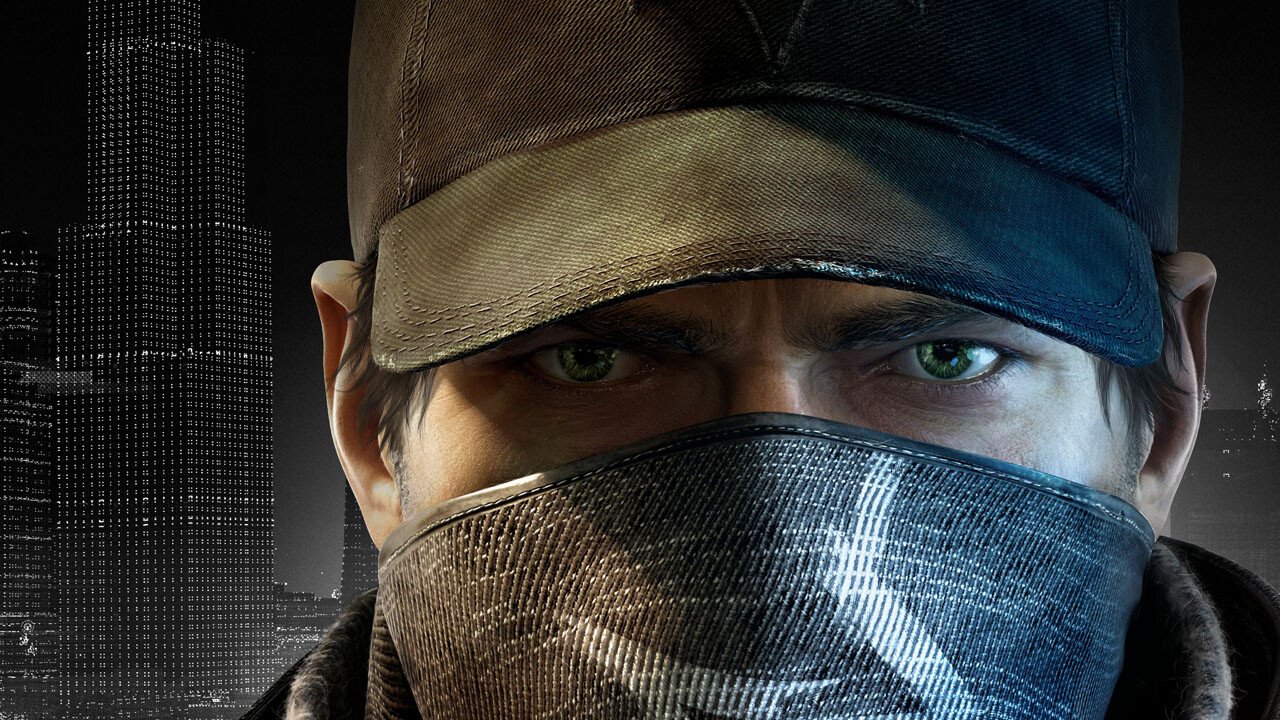Maybe it’s because I’m a writer by trade, but I’m always incredibly disappointed when an otherwise interesting-looking game turns out to have a crummy story. This train of thought was encouraged by the most recent trailer for Ubisoft Montreal’s long-awaited Watch Dogs, a title that seems to have generated nothing but positive impressions—even in spite of a worrying last minute delay—since its E3 2012 debut. Now, with the announcement of a new release date has come footage detailing the game’s story. To say that it looks underwhelming would be putting it lightly. The new video is mostly boilerplate stuff—lots of explosions and fast-paced action— but, just outside the thrills and familiar hacking mechanics are plot details that look pretty dispiriting.
Watch Dogs‘ protagonist Aiden Pearce is on a mission of revenge. He saw something he shouldn’t have seen and, given the shot of six-year-old Lena Pearce’s grave in the game’s trailer, is apparently out to get whoever is responsible for killing his daughter. Now, I can get over the dissonance between Pearce’s early 30s appearance and late 50s, two-pack-a -day speaking voice; I can suspend my sense of disbelief and take the sci-fi version of near-future Chicago seriously; I’m not even too upset that the game’s visuals don’t look as hot as they did during the E3 reveal. I can’t, however, allow myself to get excited about a storyline that seems to revolve around a character motivated by the death of a loved one to take down an evil group. This is because the “dead family revenge” plotline has become so thoroughly overused that its inclusion makes any sense of verisimilitude disappear immediately. Sure, the concept is relatable since all of us have people in our lives who we’d go to the ends of the earth for, but that doesn’t make it any less of a rote choice for character motivation. As interesting as the idea of an Assassin’s Creed-style romp through a cyberpunk American city is—and as willing to play Watch Dogs as I still am—it’s an enormous disappointment that the game’s story seems to have been given the short straw in terms of creative priorities.
This is an all too common problem in videogames. Our best loved titles typically have interesting art design, quality soundtracks, and unique gameplay mechanics, but fall short in terms of narrative. As much fun as 2013’s Crystal Dynamics developed Tomb Raider reboot was, even a game purportedly concerned with developing a more relatable Lara Croft stumbled more than it should have in the hands of a capable writer. Last year’s Grand Theft Auto V was an impeccably detailed and finely honed experience that failed to make much of anything out of its novel three-viewpoint narrative conceit. Assassin’s Creed IV: Black Flag improved on nearly every aspect of the previous entries to the series while seemingly forgetting to apply the same effort to the creation of a compelling plotline. The list of games like these—games constructed with compelling gameplay and lacklustre stories—goes on and on.
We demand excellence from almost every element of a videogame, but always seem to afford too much leniency to important aspects of the medium like narrative. A big-budget release with enjoyable gameplay and inconsistent visuals will be raked over the coals by critics while a fun title with a poor storyline is often recommended with very few caveats. I mean, it’s definitely possible to enjoy a game with a bad story if the rest of the experience compensates for this fact. But this same sentiment applies to visual design, an aspect of game development that continues to progress at a rapid pace.
Watch Dogs may very well be able to pull off its tired-looking storyline far better than I’m currently expecting. I sure hope so, at least. But, even if the trailer was only a poor representation of what turns out to be a great videogame narrative, that doesn’t mean the problem is solved. We have to expect more from the stories in our games if we want them to improve at the same rate as other design elements. Otherwise a disservice is being done to a medium with incredible narrative potential.




